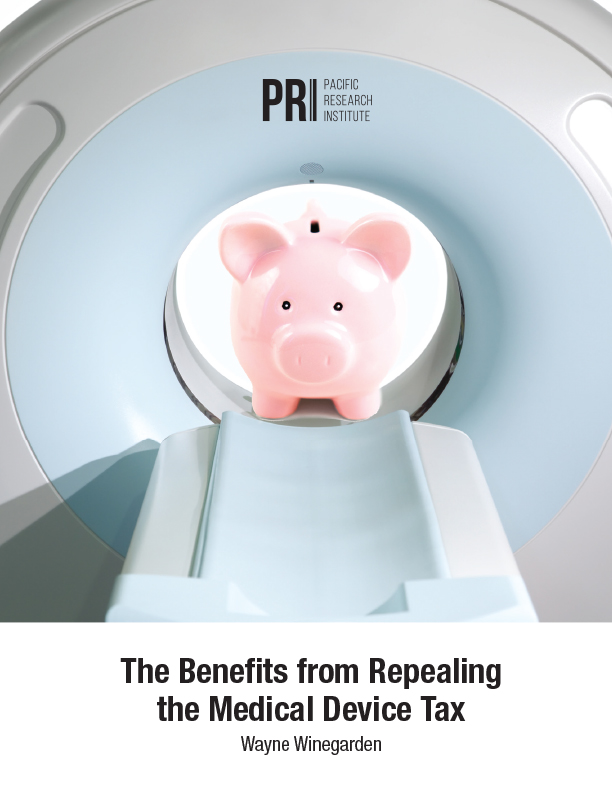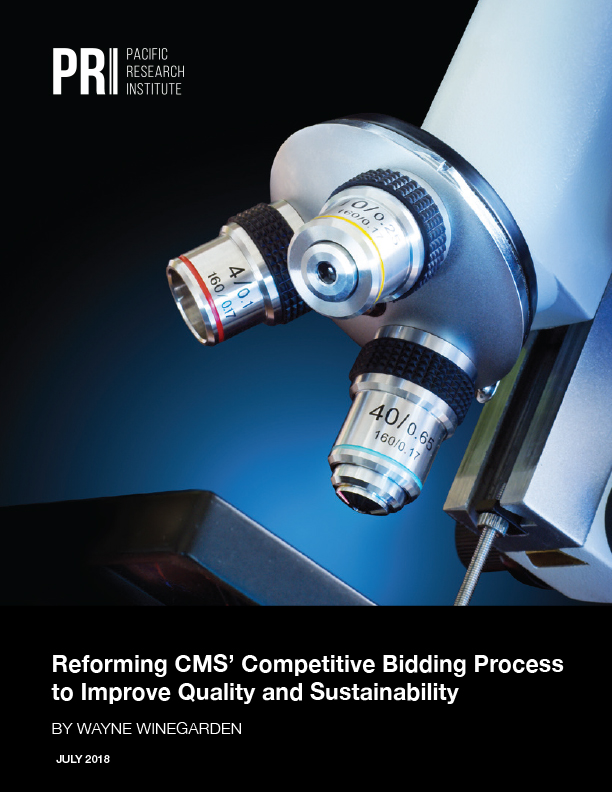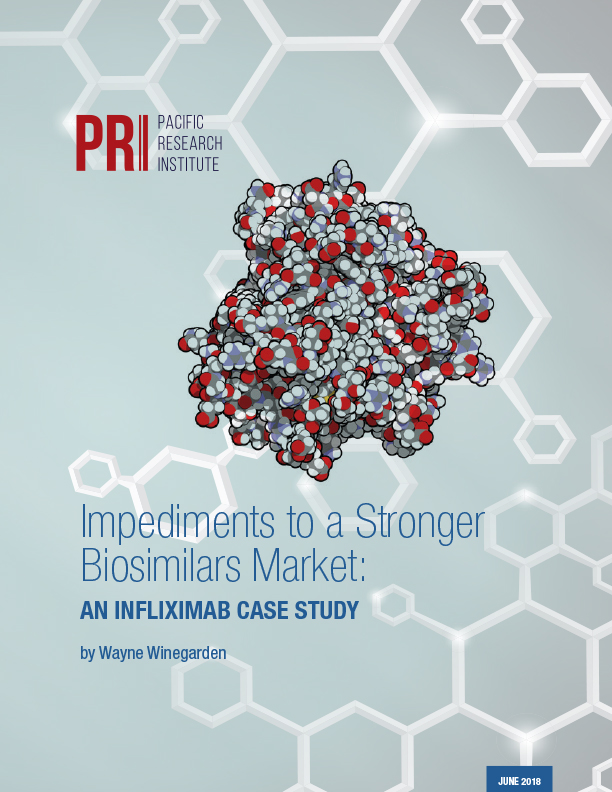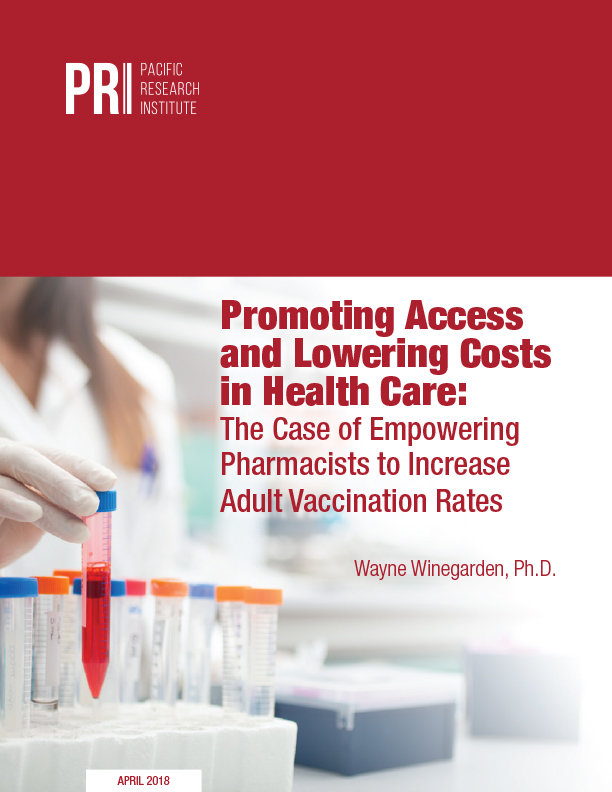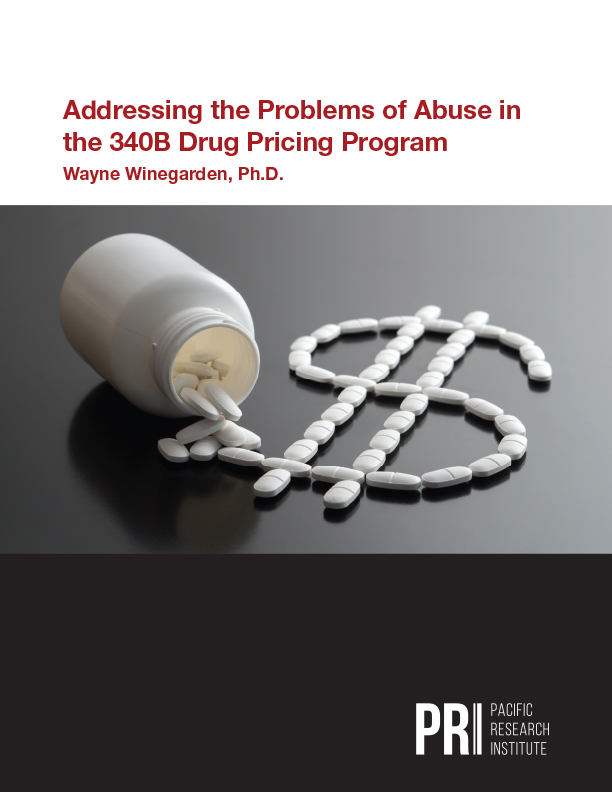NEW BRIEF: 340B Providers Reap Big Profits, Should Be Reformed to Ensure At-Risk Patients Receive Affordable Care
SACRAMENTO – The broken 340B program, designed to provide affordable care for at-risk patients, creates massive profits for providers without necessarily improving patient health outcomes and should be reformed, finds a new issue brief released today by the Center for Medical Economics and Innovation at the nonpartisan Pacific Research Institute. Click here to download a copy of the brief “The 340B program is growing unsustainably and isn’t improving health outcomes for at-risk patients,” said Dr. Wayne Winegarden, the Center’s director and the...


